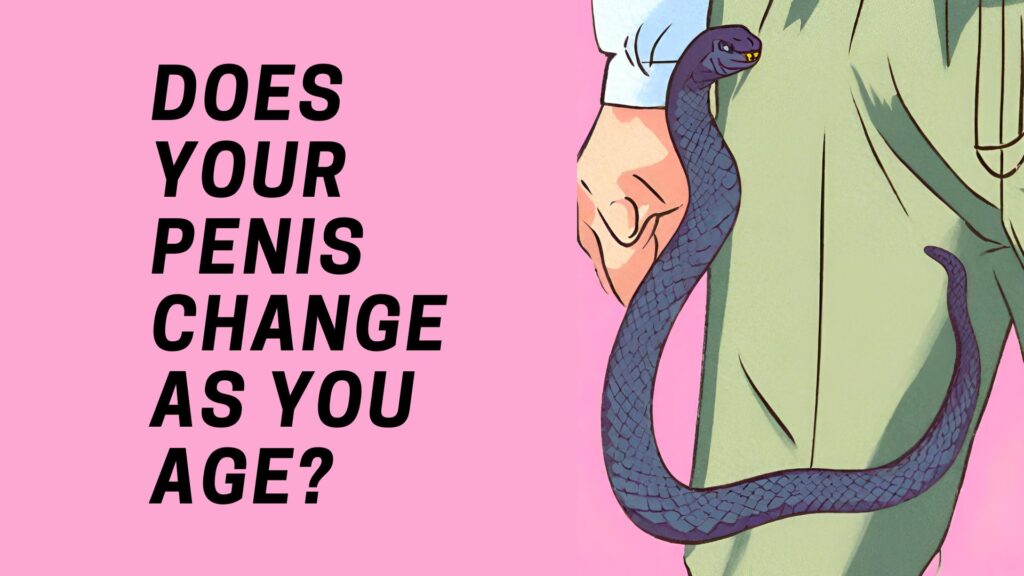Some of the main signs of BPH are difficulty starting urinating, weak urine stream, dribbling at the end of urination, increased urinary frequency, feeling of incomplete urination, and more.
BPH may not be life-threatening, but it causes significant discomfort, erectile dysfunction, increased risk of prostate cancer, can damage kidneys, cause urinary tract infections, and more.
Thus, all men above the age of 50 must go through a check-up for the condition even in the absence of any symptoms.
Doctors can effectively treat BPH with the help of medications like alpha-blockers, 5-alpha reductase inhibitors, and more. They may also recommend certain supplements, lifestyle interventions, physiotherapy, and other non-pharmacological means of treatment.
Signs and symptoms of BPH
As men grow older, most would have prostate enlargement. However, in some, it becomes too enlarged, causing certain signs and symptoms. Thus, about 10% of men above the age of 40 may have some signs of BPH. However, by the age of 80 years or more, more than half of all men may develop BPH.
Some of the common signs of BPH are:
- Frequent urge to urinate
- Nocturia or frequent urination at night
- Requiring extra effort when starting urinating
- Weak urine stream that starts slowly and stops slowly
- Dribbling at the end of urination
- Inability to completely empty the bladder
In more severe cases, some may develop other signs and symptoms like urinary tract infections, blood in urine, and even inability to urinate.
Here it is vital to understand that the size of the prostate gland often does not correspond to the severity of the symptoms. In some men, even slight prostate enlargement may produce more severe symptoms.
Doctors would need to carry out many tests to exclude other causes of these symptoms like prostate inflammation, urinary tract infections, narrowing of the urethra, bladder or kidney stones, issues related to nerves controlling the bladder, and even prostate cancer.
Seeking timely attention for BPH is essential as incomplete bladder emptying may further damage the bladder, and in more severe cases, it may even damage the kidneys.
How is BPH diagnosed?
Doctors would generally be able to diagnose the condition based on clinical signs and symptoms. However, they may also carry out some tests like prostate examination. In addition, they would generally order various blood tests and urine studies.
Doctors would also exclude more severe complicatioins like kidney disease. Additionally, doctors would carry out the test called prostate-specific antigen (PSA) blood test. PSA test can help understand the risk of prostate cancer, and if needed, doctors may carry out other tests to exclude the condition.
BPH treatment options
One does not need to worry as doctors can manage the condition quite effectively. After all, it is not a rare disease condition. Doctors would generally start with lifestyle interventions like telling patients not to drink a lot of water before bed and reducing caffeine and alcohol consumption. They might also look at various medications a person is taking, as some might worsen urinary function.
Next, doctors may consider a drug therapy like alpha-blockers; these are the drugs that help relax the bladder-neck or sphincter and thus ease some of the urinary symptoms. Doctors may often prescribe drugs called 5-alpha reductase inhibitors (5-ARIs), as they help arrest further prostate enlargement. However, these drugs may also reduce sexual function.










